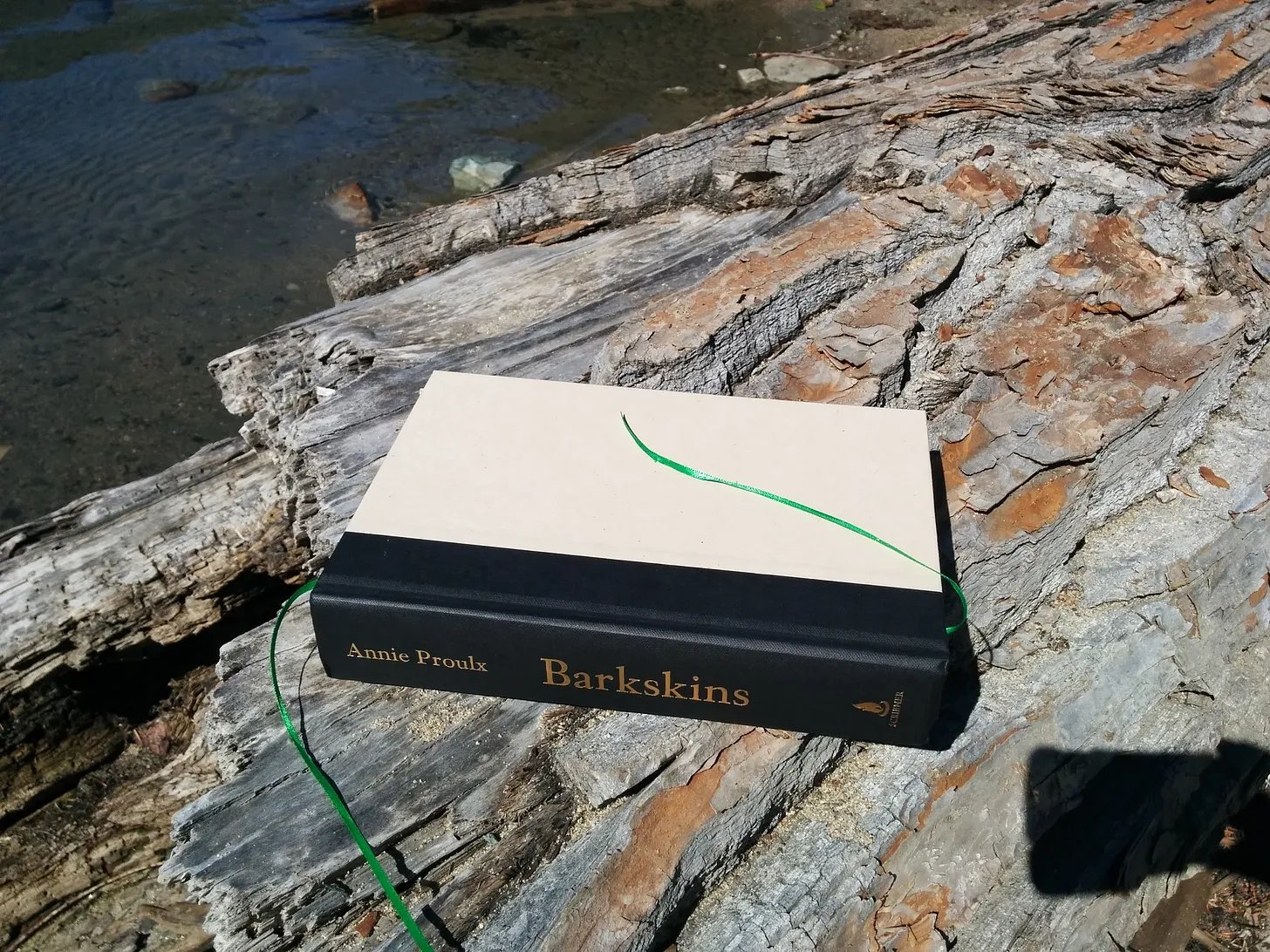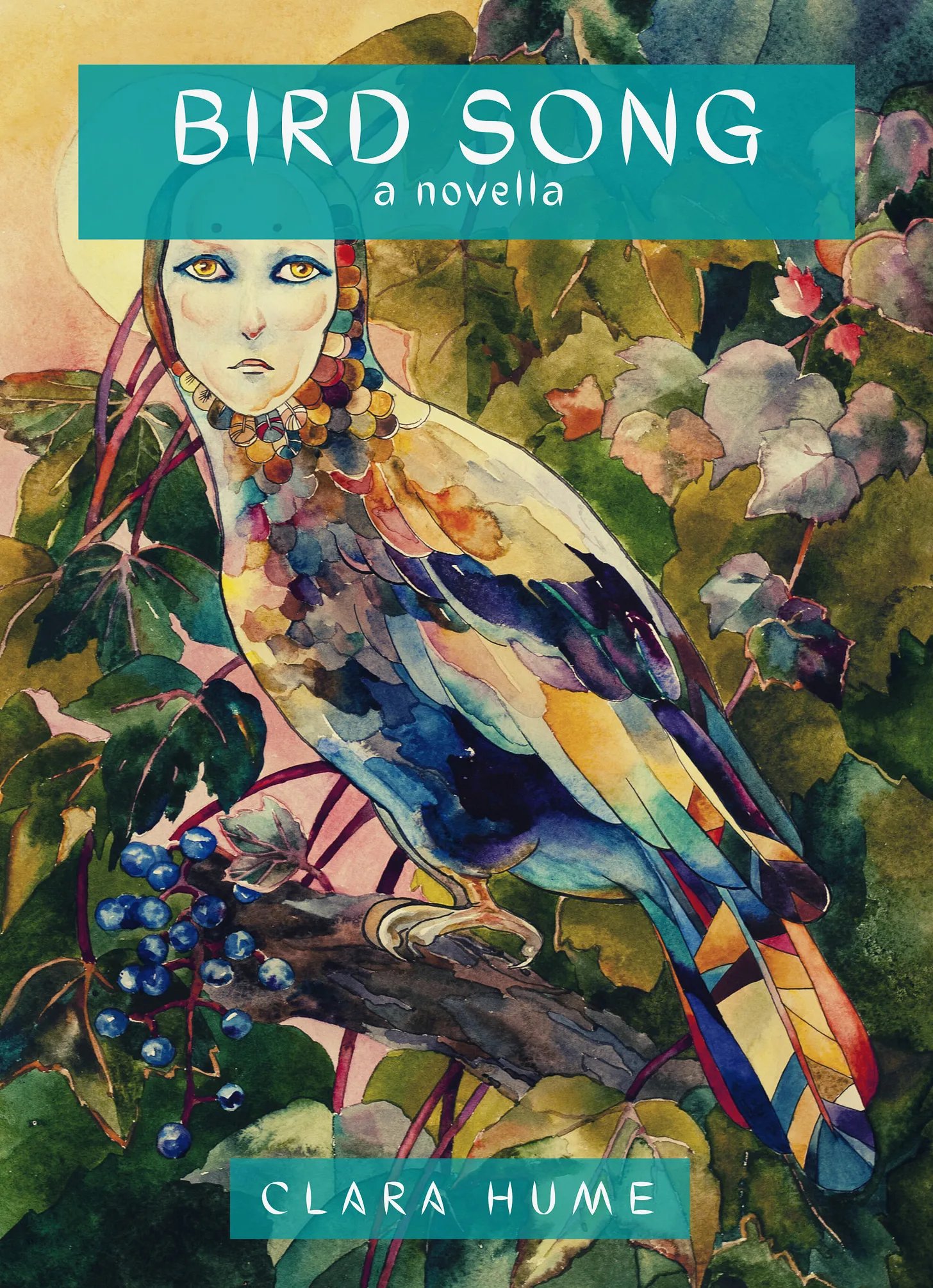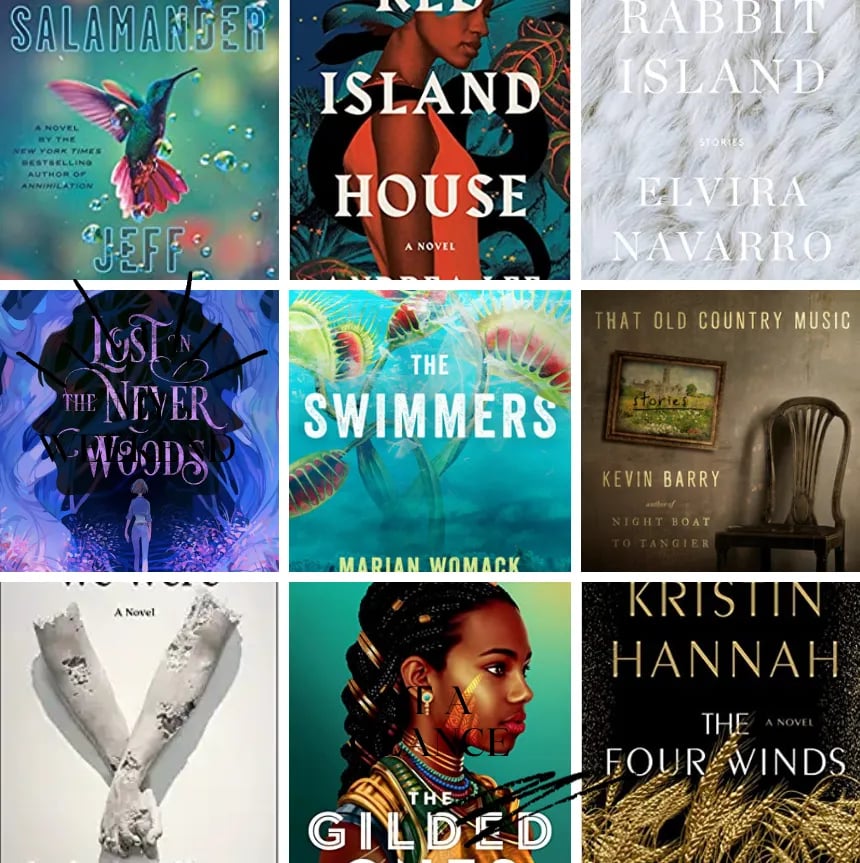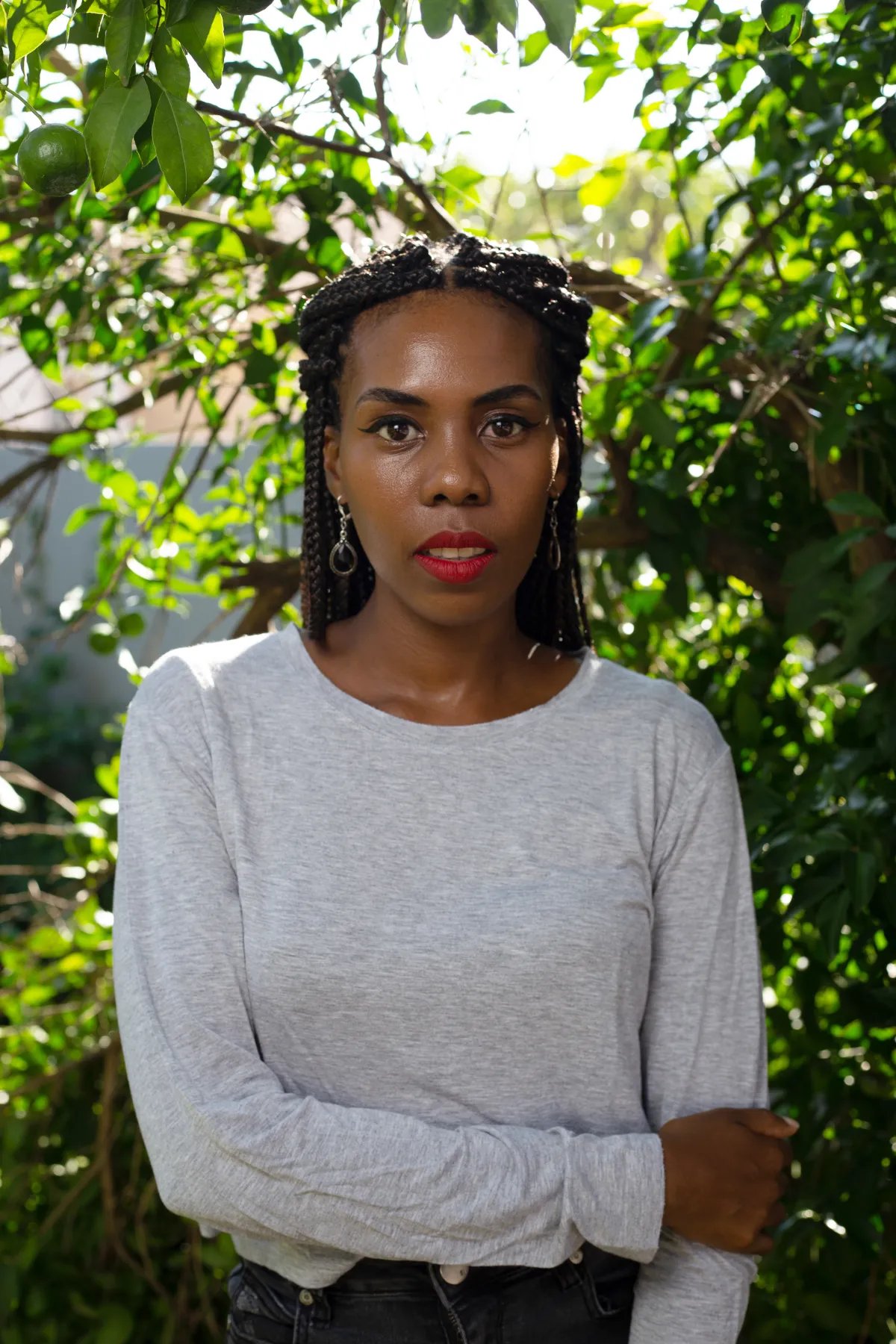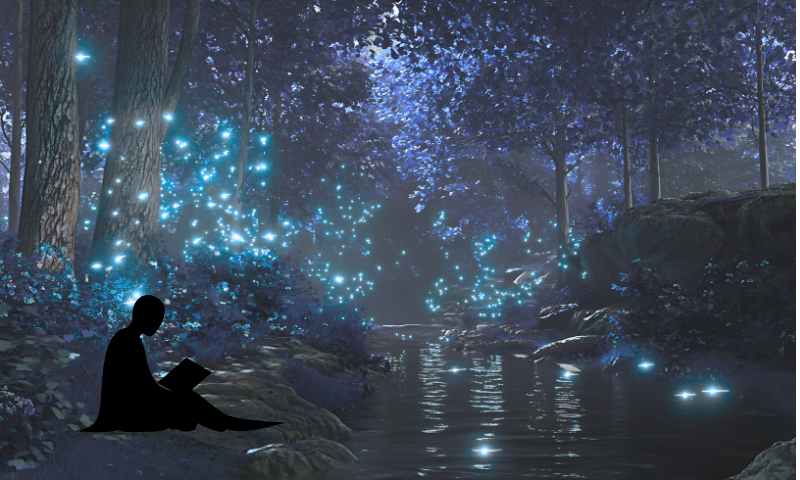
For years, readers have asked me if I had a newsletter. I was already active on Twitter and Facebook, so figured one more outlet might be overkill. Well, I’m slowing down on other social media but am not foregoing them altogether. But now I’m searching for more personal correspondences and focused, direct news about fiction reads in which the wild is integral. So, here ya go. I plan to do this monthly.
Invitation to Rewilding Our Stories Community Discord
First order of the day is talking about a fairly new Discord community that Lovis Geier and I set up together: Rewilding Our Stories. Lovis is a wonderful new friend and runs the witty, smart, and engaging Ecofictology Youtube series. She and I have bounced ideas off of each other for months now, learning from each other and desiring to share the info we find. We first thought of a safe and private place to chat—a place where authors would not be harassed or belittled. But then we really fanned out from that original idea and included a wild variety of topics, which span the literary horizon of ecologically oriented fiction. All are invited to join. Just download the Discord app to your phone, tablet, or PC and click this link: Rewilding Our Stories Discord. You won’t see the whole community until you follow the instructions to message one of us and let us know who you are. This is to keep out trolls and spammers. So far over 60 people have joined, and every Sunday we’re running word sprints in the style of NaNoWriMo.
Bird Song: A Novella
Dragonfly.eco has a tradition—for nearly nine years—of freely promoting other fiction authors around the world who engage readers in themes of our human condition in the natural world. But, for a change, as founder of Dragonfly.eco I am promoting my newest novella: Bird Song (under pen name Clara Hume). It doesn’t even have enough positive reviews on Goodreads/Amazon yet to be eligible to add to my own database, so I am giving out free digital copies to serious reviewers. Just email me. Bird Song has been reviewed by three other authors so far, and they wrote some really nice things. Bird Song is a genre-blurring tale of a young woman waking up on an isolated island whose few residents, two Sirens and a mysterious ship-wrecked sailor, reveal the paradoxes of her modern world and the decisions she must make to find a direction in life. This 134-page story re-imagines Greek mythology in a contemporary but ecologically weird parable.
Bird Song is a contemporary mythological tale, a fable for adults written with an intense and musical language, rich in assonances and alliterations, an essential language that makes it clear how intense the art of writing can be and how it does not need twists and turns, rotation and suspense if the depth of the story has an intrinsic strength.
-Emanuela Chiriacò, ZEST Letteratura Sostenibile
You can read more at Dragonfly Publishing.
What’s New in the World of Ecofiction?
Thanks to Amy Brady, editor at Chicago Review of Books and a must-listen-to voice in the field of how climate change intersects with the arts, I had the wonderful opportunity to write a column at the magazine in December, recommending fiction around the world to readers looking for holiday gift ideas. Read Wilderness is a Necessity, Even in Fiction.
I also recently gathered a sampling of upcoming novels in 2021 that deal with the diverse topics found within ecofiction. You can read that here. As usual, there’s many more where that came from, so watch Dragonfly.eco for more as the weeks go by.
What’s Coming Up this Month?
I’m really excited about this month’s world spotlight with Tlotlo Tsamaase, from Botswana, which comes out February 11. She is active in Eco-Cities and writing fiction. She tells me:
The thing about speculative fiction is you can bend reality and create an entirely different universe from ours, by either extrapolating our current day issues or turning them on their head and seeing how that affects the family, a character or even a village. So basically, I try to analyze the micro and macro parts of our world, whilst dissecting the emotions through the lens of climate change. In one way, a writer can create a utopian universe, freeing its characters from the oppressive conflicts of our current reality, although conflict always rises. In another way, writers can process the dark side of our world.
Also new at our Indie Corner on February 3 will be an interview with Ryan Mizzen, author of a children’s book, Hedgey-A and the Honey Bees.
Other Resources
In case you’ve missed these exciting resources at Dragonfly, which are constantly being updated, check ‘em out!
World’s biggest playlist? Our environmental/nature song-of-the-week playlist, which goes back to 2016.
List of eco/climate films and documentaries
Ecofiction links and resources
Book database (with well over 800 titles)
Turning the Tide: The Youngest Generation (fiction aimed toward children, teens, and young adults)
Indie Corner: New as of last summer, we give a hats off to authors who publish independently
Backyard Wildlife: A new-ish hidden gem exploring how we are rewilding our own back yard and meadow
Artists & Climate Change. This is an extraordinary resource delving into all of the arts and climate change. For a while now they’ve been rerunning older world ecofiction spotlight authors from Dragonfly. Recently they’ve made me a core writer for their team, and I’m both honored and grateful. Look for my “Wild Authors” series there.
You just read issue #2 of Dragonfly.eco News. You can also browse the full archives of this newsletter.

